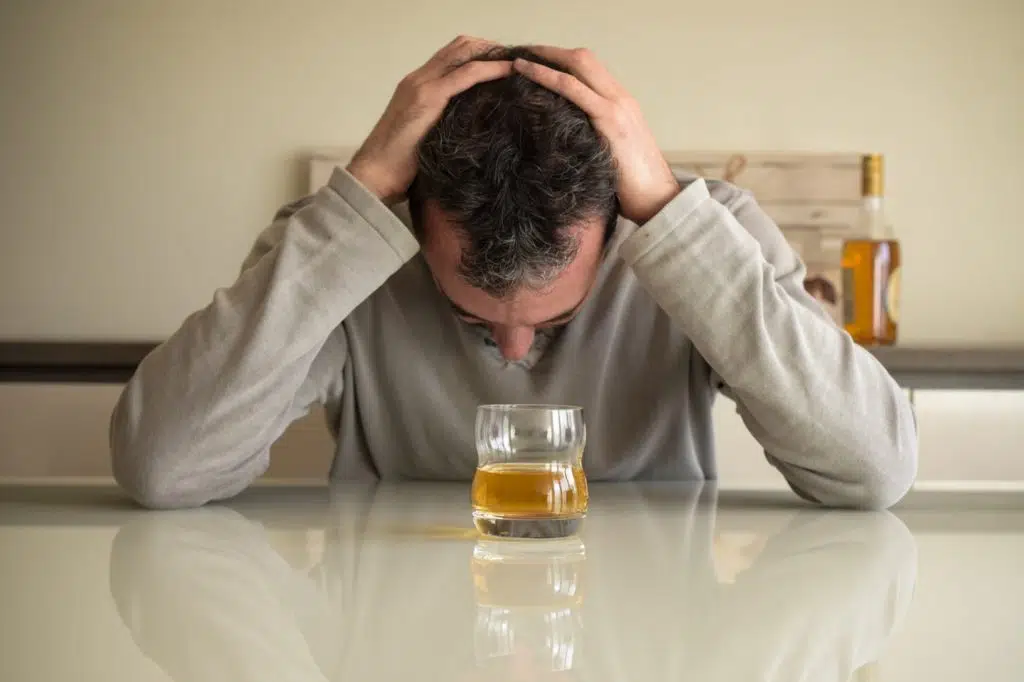Alcohol is the most used substance among the elderly. In fact, overuse of alcohol in seniors is a rising problem, with more than 65% of all adults aged 65 and older engaging in high-risk drinking (exceeding daily guidelines) at least weekly in 2020. While these figures could be attributed to the ongoing pandemic, alcohol use among seniors has been on the rise for decades.
Why do older adults start drinking?
The link between overuse of alcohol and seniors can be explained in several ways, including:
- Loss of or changes in identity
- Loss of or changes in life purpose
- Coping with physical and psychological problems
- Early retirement and lack of activities
- Social gatherings
- Changes in a partner’s drinking pattern
How does alcohol affect older adults?
As you age, your body becomes more sensitive to the effects of alcohol. Not only does your metabolism begin to slow down, but after age 65, you will likely experience a natural decline in water content and lean body mass. Alcohol affects older adults in many ways, including:
- Increased sensitivity to alcohol
As a result of reduced activity of an enzyme that breaks down alcohol, alcohol stays in your system longer, which means your blood alcohol level remains higher, longer. - Dehydration
As you age, your sense of thirst diminishes, renal function declines, body mass changes, and the balance of water and sodium in the body shifts. This means when alcohol and seniors mix, it can result in excess fluid loss through frequent urination that is not adequately replenished. - Increased health problems
Being an elderly alcoholic can exacerbate other health issues common among older adults, like diabetes, high blood pressure, congestive heart failure, liver problems, osteoporosis, memory problems, and mood disorders. - Serious interactions with medications
Medications (e.g., prescription, over-the-counter and herbal) taken by seniors are more likely to have dangerous, or even fatal, interactions when mixed with alcohol. Medications that can dangerously interact with alcohol include aspirin, acetaminophen, cold and allergy medicine, cough syrup, sleeping pills, pain medication, mood stabilizers, antidepressants, and several herbal remedies. - Increased risk of sexually transmitted diseases (STDs)
The spread of STDs is a rising problem among the elderly, particularly those living in senior living communities. As alcohol use goes up, inhibitions go down, which means there is an increased risk of contracting herpes, gonorrhea, syphilis, hepatitis B, trichomoniasis, and chlamydia. - Increased risk of falling
Older adults are more likely to have balance, hearing, and vision problems. They are also more likely to have slower reaction times, which puts them at a higher risk for falls, broken bones, and car crashes linked to drinking.
How to identify the alcohol issue among seniors
Identifying the alcohol issue among seniors can be tricky, but here are a few tell-tale signs that mean you or your loved one needs help:
- Solitary drinking, or drinking in secret
- Regularly drinking before, with, or after dinner
- Loss of interest in hobbies or activities
- Alcohol use despite knowing the dangers of mixing with medications
- Slurred speech
- Changes in personal appearance
- Chronic health complaints
- Depression or hostility
- Confusion and memory loss
Miramar Recovery Center offers safe, effective treatment for substance abuse. Call 949-691-5036 to learn how our individualized support services can help adults of all ages.




